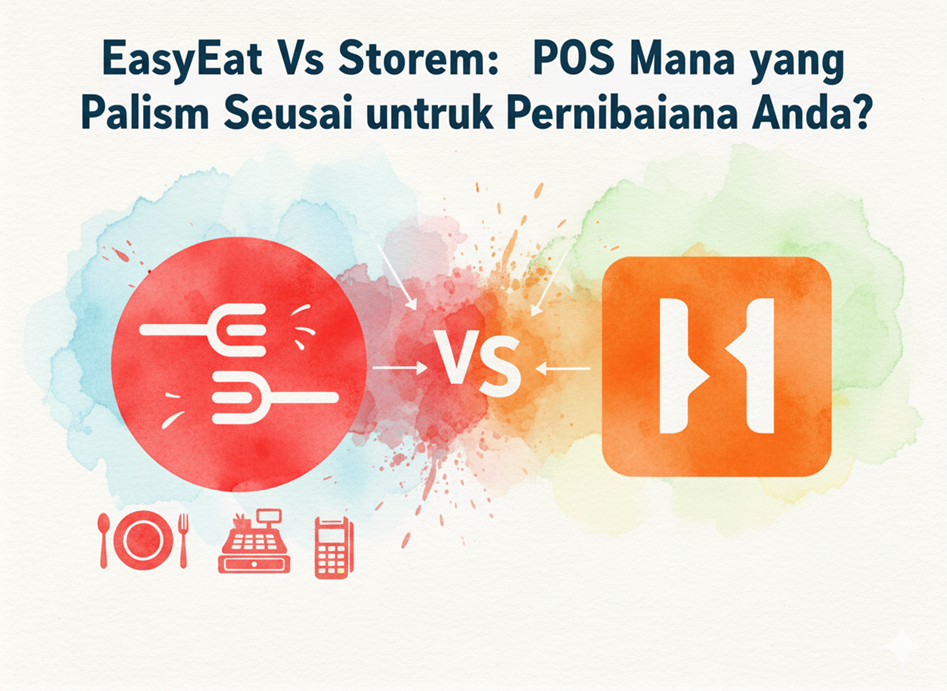In today’s bustling restaurant landscape, seamless operations are paramount. Integrated systems offer a lifeline, weaving together diverse functions like order management, communication, and inventory control. This guide delves into the pivotal role integrated systems play in elevating efficiency, service quality, and overall success in the restaurant industry.
How Integrated Systems Improve Efficiency
Integrated systems serve as a central hub that connects various departments within a restaurant. This helps eliminate inefficiencies that arise from working with disparate systems or manual processes. By integrating different functions such as order management, communication, inventory management, and staff scheduling, restaurants can streamline their daily operations, increase productivity, and reduce errors.
Streamlining Order Management
With an integrated system, restaurants can efficiently manage orders from multiple channels, such as dine-in, takeout, and delivery. Integrated POS (Point of Sale) systems enable seamless order transmission from the front-of-house to the kitchen, reducing miscommunications and order errors. By automating order management, restaurants can save time, improve accuracy, and enhance the overall dining experience.
Enhancing Communication and Collaboration
Effective communication and collaboration are essential for any restaurant’s success. Integrated systems facilitate efficient communication between the front-of-the-house staff, kitchen staff, and management. Features like digital communication platforms, task management tools, and real-time reporting make it easy to share important information, delegate tasks, and track progress. This fosters teamwork, reduces misunderstandings, and ensures timely and effective decision-making.
Improving Restaurant Service and Experience
Integrated systems play a crucial role in providing exceptional customer service. By integrating customer relationship management (CRM) tools with other systems, restaurants can capture important customer data, preferences, and feedback. This information can be used to personalize interactions, improve service quality, and tailor marketing campaigns. A smooth and personalized dining experience ultimately leads to higher customer satisfaction and loyalty.
Automating Supplier and Restaurant Inventory Management
Managing inventory and suppliers can be a complex and time-consuming task for restaurants. Integrated systems automate the process by tracking inventory levels in real-time, generating purchase orders, and managing supplier relationships. This ensures optimal stock levels, minimizes wastage and prevents shortages. Integrated inventory and supplier management systems also provide insights into cost control and help optimize purchasing decisions.
Optimizing Staff Scheduling and Timekeeping
Efficient staff scheduling and timekeeping are critical for maintaining smooth restaurant operations. Integrated systems offer features like automated scheduling, shift swapping, and time tracking. By streamlining staff management, restaurants can minimize scheduling conflicts, reduce overtime costs, and enhance employee satisfaction. Integrated systems also facilitate payroll processing by automating time and attendance data, saving time and minimizing errors.
Increasing Data Accuracy and Analysis
Integrated systems consolidate and streamline data across various functions, resulting in increased data accuracy. By capturing data on sales, customer behavior, inventory, and employee performance, integrated systems enable restaurants to gain valuable insights. These insights can be used to analyze trends, identify opportunities for improvement, and make data-driven decisions. Enhanced reporting capabilities empower restaurant owners and managers to monitor key metrics and measure business performance.
FAQs
- Can integrated systems adapt to different restaurant sizes and scales, and are there customizable options available to cater to specific business needs?
Integrated systems are designed to be flexible and scalable, accommodating the needs of various restaurant sizes and types. They often offer customizable features and modules that can be tailored to specific business requirements, ensuring seamless integration and optimal performance regardless of scale.
- What level of technical support and training is typically provided to restaurant staff to ensure seamless integration and utilization of these systems?
Providers of integrated systems typically offer comprehensive technical support and training to restaurant staff. This includes initial setup assistance, user training sessions, and ongoing support to address any issues or questions that may arise. Additionally, user-friendly interfaces and documentation are provided to facilitate the smooth adoption and utilization of the integrated systems.
With the ever-increasing demands of the restaurant industry, integrated systems have become essential for ensuring smoother operations and improved efficiency. By employing integrated systems, restaurants can streamline order management, enhance communication, improve customer service, automate inventory management, optimize staff scheduling, and leverage data analysis. The benefits of integrated systems are vast, and investing in such solutions can significantly contribute to the success of a restaurant. Embrace the power of integrated systems and take your restaurant operations to the next level.




